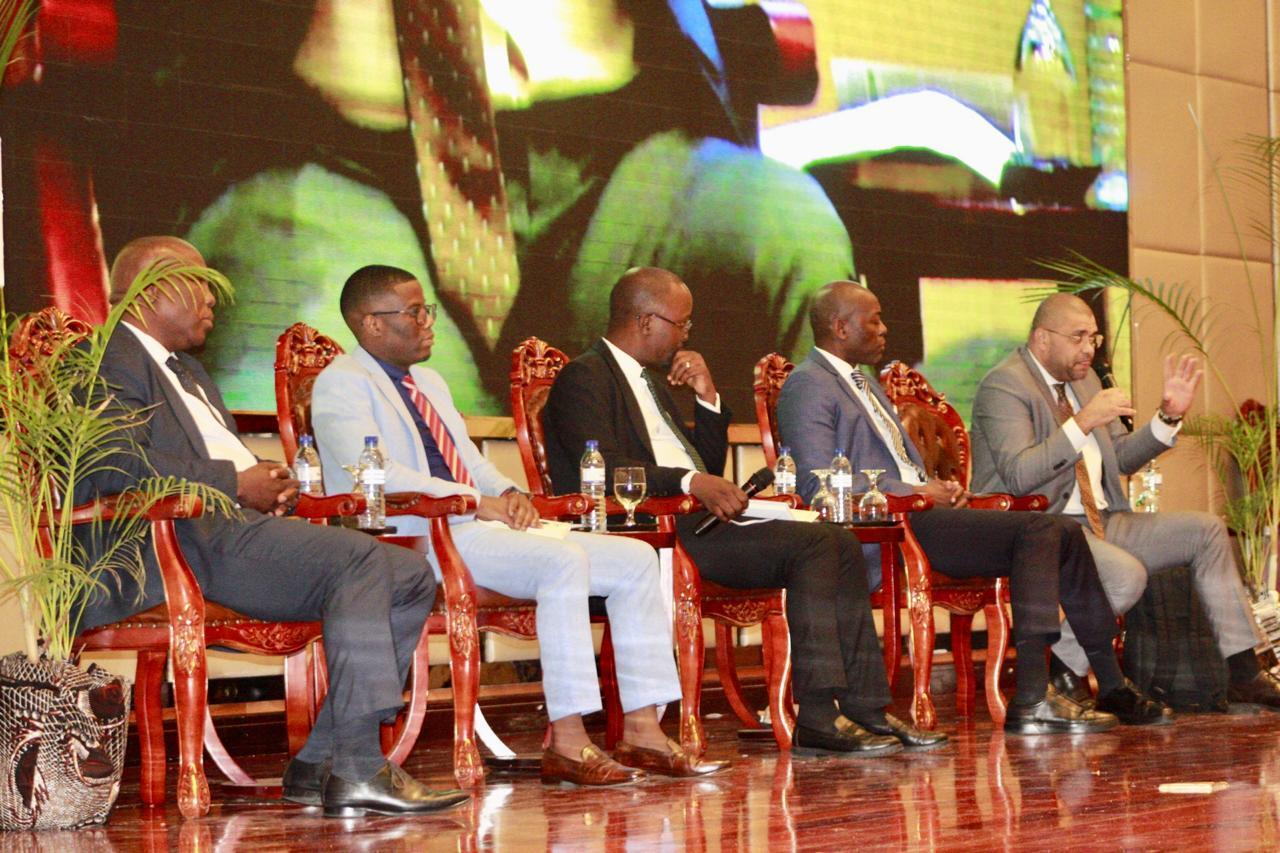Africa-Press – Mozambique. Legal experts and academics believe that the consolidation of democracy in Mozambique requires profound reforms in electoral justice, including turning electoral bodies into judicial rather than political institutions, greater independence of district courts, and a revision of the composition of the National Elections Commission (CNE).
According to Pedro Nhatitima, a Supreme Court judge, who was speaking on Wednesday, in Maputo, at a Conference on Electoral Procedures, politicization of the electoral bodies remains the main obstacle.
He traced this obstacle back to the peace agreement signed in 1992 between the government and the former rebel movement Renamo.
“The 1992 General Peace Agreement guaranteed a CNE with a political base to address the suspicions of the time. But 30 years later, this model no longer meets current needs. It’s time to consider a more independent and judicialized system”, he said.
The peace agreement gave Renamo the right to appoint a third of the members of the CNE, which guaranteed that other parties, particularly the ruling Frelimo Party, would also demand a slice of the CNE.
According to Nhatitima, many electoral crimes originate within the governing bodies and political parties themselves. “It’s not citizens who commit fraud, but rather electoral agents and activists who, through their isolated behavior, multiplied throughout the country, lead to serious fraud”, he declared.
Anselmo Inácio, a District Judge, said that the electoral legislation, amended in 2024 “removed powers from the district courts, limiting them to merely declaring irregularities. This creates a vacuum and undermines public trust. The courts must be given back the ability to decide and apply consequences.”
For his turn, Carlos Martins, the chairperson of the country’s Bar Association, said that the credibility of the elections cannot continue to be held hostage by discredited institutions. “Today, no citizen trusts the CNE or the Constitutional Council, Mozambique’s highest body in matters of constitutional and electoral law. We cannot continue to have bodies whose composition generates distrust even before they act”, he said.
A former CNE chairperson, Jamisse Taimo, said that the country has missed several opportunities to modernize its electoral system. He recalled that since 1999, there have been proposals to introduce simple technologies to speed up the count and enhance transparency, “but unfortunately, these have not been implemented due to a lack of political consensus.”
“Today, countries like South Africa and Brazil use models that speed up the count and reduce suspicion. Even illiterate people can use voting machines in Brazil. It is possible to adopt solutions that don’t necessarily replace traditional voting, but that strengthen trust and simplify the count”, he said.
Under the current legislation, the political parties, particularly Frelimo completely dominate the electoral bodies, not only the CNE, but also the provincial and district elections commissions, and the national, provincial and district branches of the CNE’s executive body, the Electoral Administration Technical Secretariat (STAE). This means there are literally thousands of political appointees in the electoral apparatus, all looking over each other’s shoulders.
The supposedly independent Constitutional Council, which is the highest body in the electoral pyramid, is completely dominated by Frelimo. It has seven judges five of whom are elected by parliament in proportion to the number of seats each political party holds – which means that four out of the five are not genuinely elected at all but are appointed by the Frelimo parliamentary group.
One judge is appointed by the President of the Republic, and the seventh judge is appointed by the Higher Council of the Judicial Magistrature, which is the regulatory body for judges.
Perhaps the most devastating attack on the current electoral system came from top academic Brazão Mazula, who was chairperson of the country’s first CNE, which organised the 1994 elections. These were the only elections in the country’s history that were largely free of fraud and irregularities – so much so that the then UN representative in Mozambique, Aldo Ajello, described them as “the best elections ever held in Africa”.
But subsequent elections went steadily downhill, with increasing accusations of serious fraud – so much so, that Mazula declared that the recent election results are not genuine, but are “manipulated” – and manipulated by those whose job is to see that the elections are fair and transparent.
Setting matters right, Mazula said, would involve “rethinking the model of the elections, thinking about the electoral procedures and, if necessary, changing the people”.
He lamented that most Mozambican voters are poor and fraudsters use this to their advantage. Educated people would not be so easily deceived or bribed. “When a citizen is educated and knowledgeable, it’s difficult to trick him”, Mazula claimed.
“I was hoping that, 30 years later, things would be better than in 1994”, he said. “But I can see that from the 1999 elections onwards, it’s been getting worse”.
For Mazula, the fundamental problem which corrupts electoral integrity is the politicisation of the State, “which generates a culture of fear and evasion of the truth”.
“The country is very politicised. We are afraid to act”, he said.
As for the extraordinary delays in announcing election results, Mazula was sure that any delay beyond 15 days was just “a manoeuvre to facilitate fraud”.
For More News And Analysis About Mozambique Follow Africa-Press






